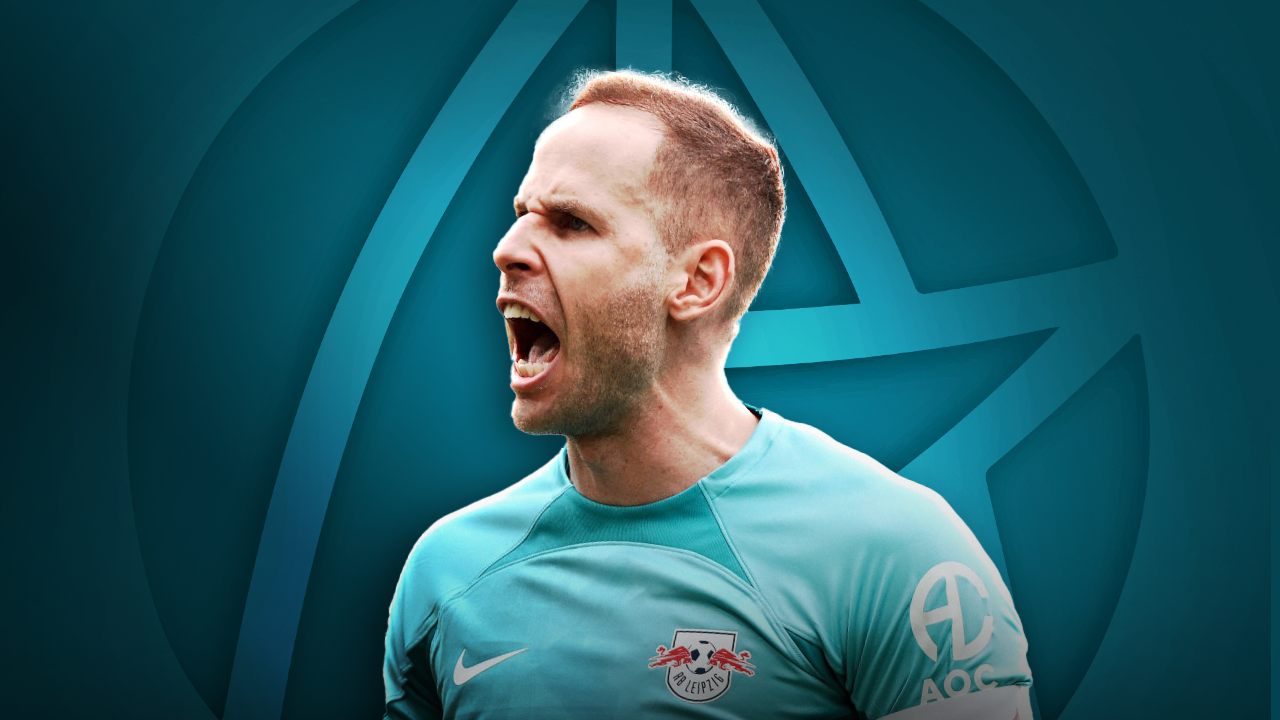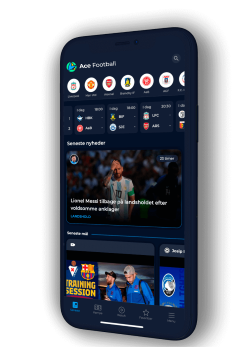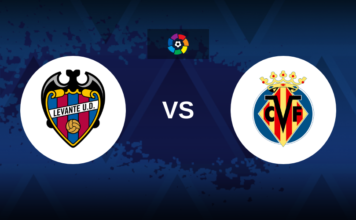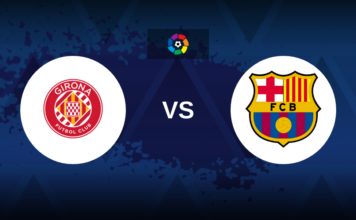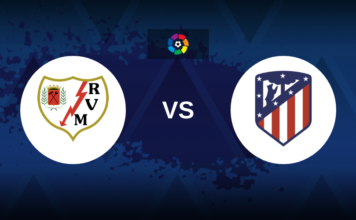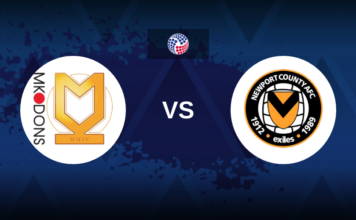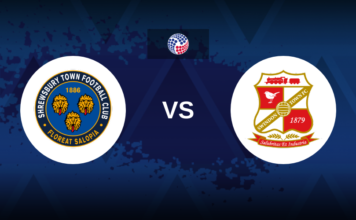Red Bull, a brand synonymous with energy and innovation, has made remarkable strides in sports, from extreme competitions to dominating Formula 1.
But the mid-2000s marked a new chapter as the company set its sights on football. With a combination of strategic investments, relentless ambition, and a unique approach, Red Bull has built a football empire that spans continents.
Red Bull’s Entry into Football
In 2005, Red Bull made its first foray into football by purchasing SV Austria Salzburg, rebranding it as FC Red Bull Salzburg. This transformation included new club colors, a revamped identity, and a vision to become a UEFA Champions League mainstay. Salzburg quickly became a dominant force in Austrian football, laying the foundation for Red Bull’s global ambitions.
Expansion Across Continents
Red Bull didn’t stop at Austria. In 2006, it acquired the New York Red Bulls in the United States and later established Red Bull Brasil in 2007. But the boldest move came in 2009 with the founding of RB Leipzig in Germany. The project began in the fifth tier of German football, with the ambitious goal of reaching the Bundesliga within eight years. Leipzig achieved this milestone in just seven years, showcasing Red Bull’s effective strategy of heavy investment, expert management, and talent development.
Key to Success: Talent and Philosophy
A hallmark of Red Bull’s football empire is its ability to scout and develop talent. Stars like Erling Haaland, Sadio Mané, Timo Werner, and Joshua Kimmich have emerged from its ranks, alongside successful managers such as Julian Nagelsmann and Ralph Rangnick. Red Bull’s clubs are known for their aggressive, high-pressing style, establishing a distinct footballing identity across its teams.
Recent Developments
The empire continues to grow. In 2019, Red Bull acquired Brazilian club Red Bull Bragantino, further cementing its influence in South America. Now, with the recent appointment of former Liverpool manager Jürgen Klopp as Red Bull’s new Head of Global Football, the company signals its intent to reach even greater heights. Klopp’s expertise and track record make him a perfect fit for Red Bull’s vision of global football dominance.
The Debate
Despite its success, Red Bull faces criticism, particularly in Germany, where fans accuse it of prioritizing commercial interests over tradition. Protests and backlash have been part of Red Bull’s journey, but the brand’s unwavering commitment to growth suggests it’s here to stay.
With Klopp at the helm, what’s next for Red Bull? Could the Premier League be its next frontier?
